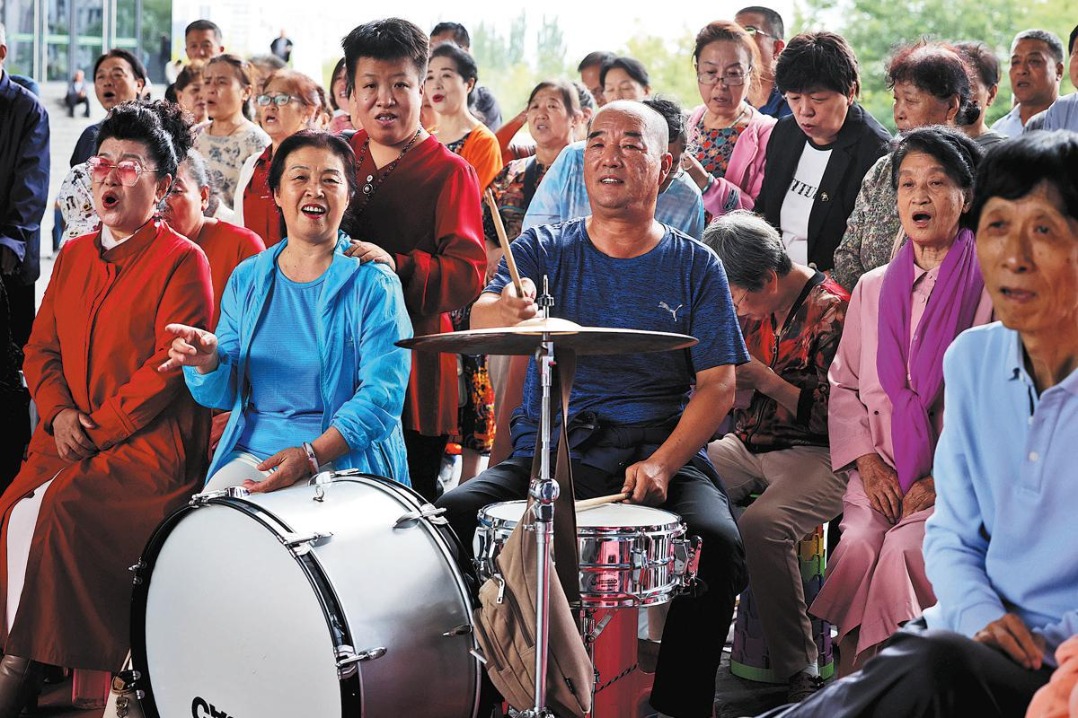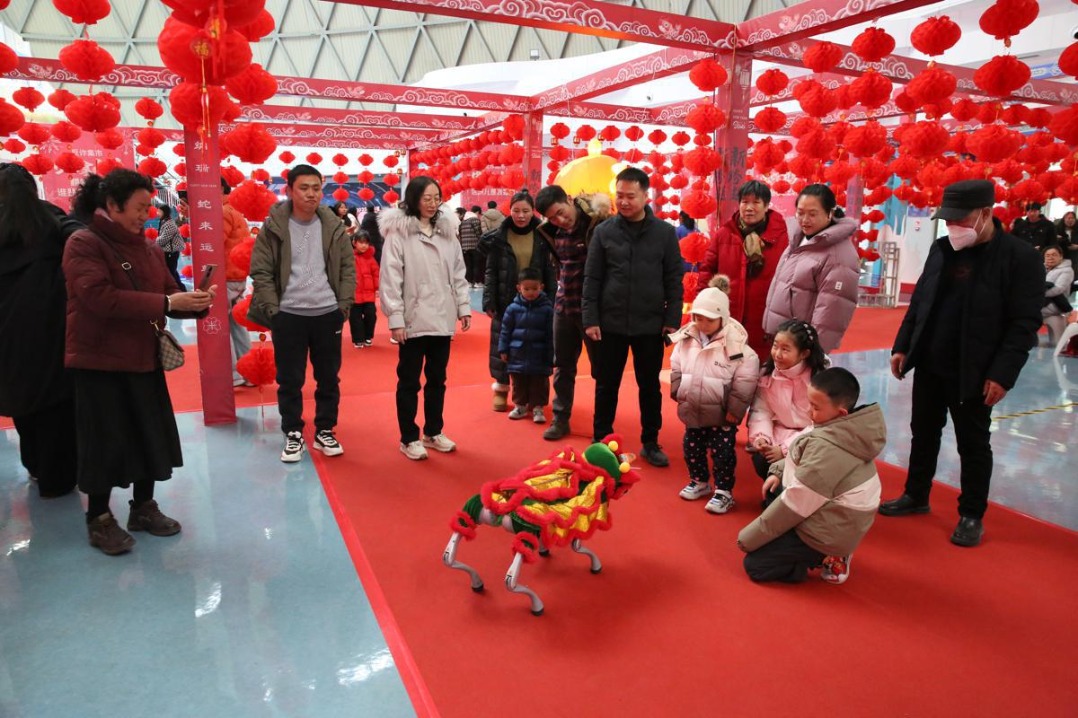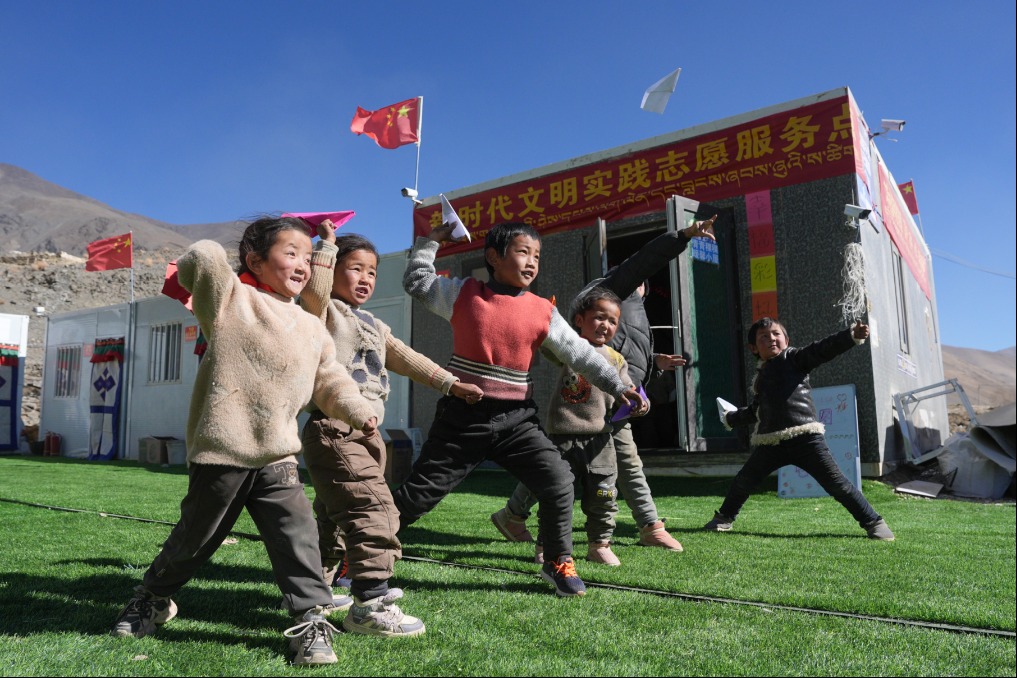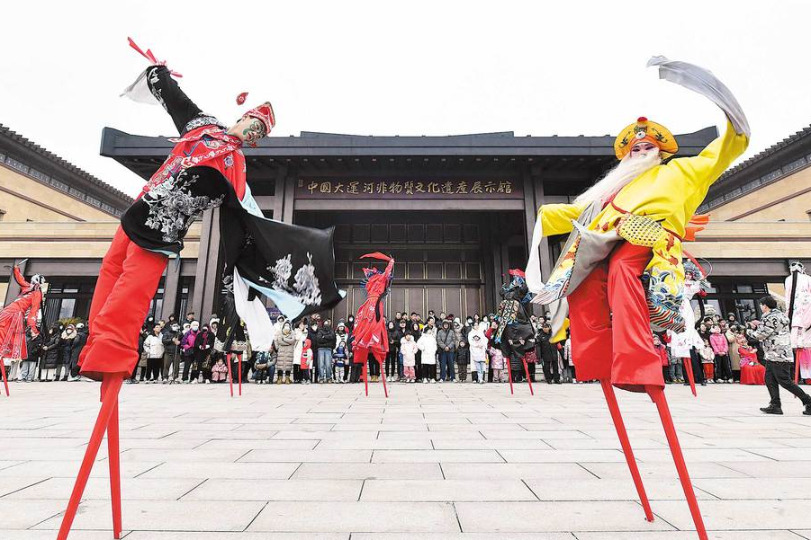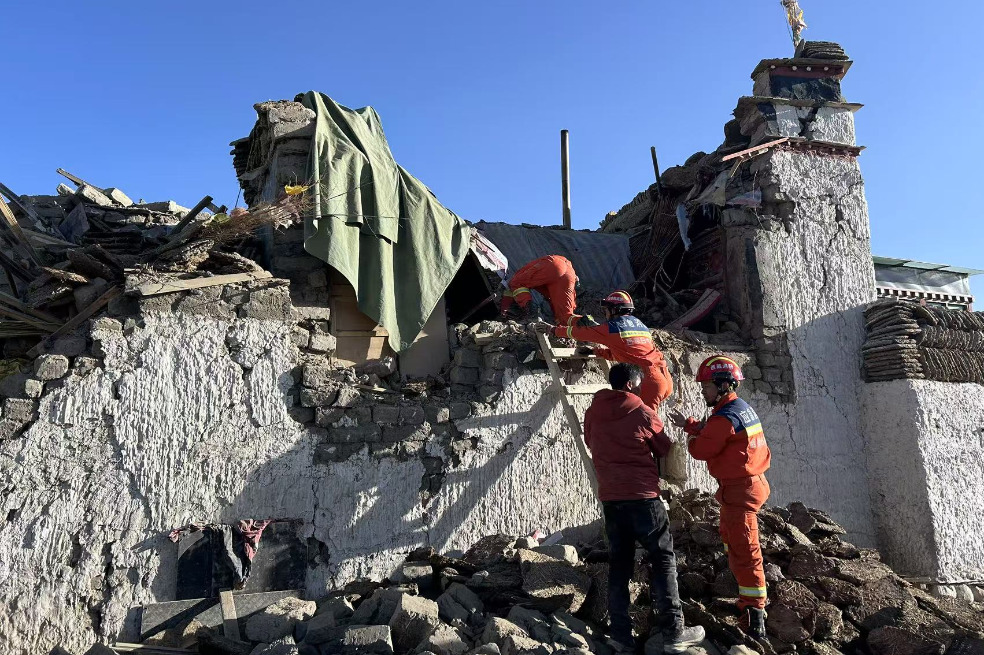Japanese man says he feels 'Wuhanese'

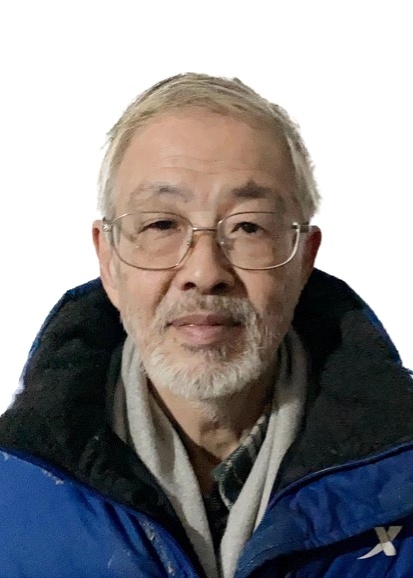
Editor's note: In this new series, we share stories and experiences showing how expats are dealing with the novel coronavirus pneumonia outbreak.
A Japanese man who has lived in Wuhan for 10 years said he considers the city his second home and now considers himself Wuhanese.
The man, who said he wished to be known only as Shimada, closed his well-known curry restaurant following the outbreak of the novel coronavirus in the city in January, but chose to stay.
"As a Wuhanese, I am with Wuhan in both happy times and sad times, and I hope I can overcome the difficulties together with my friends in the city," he said.
Shimada opened his restaurant, Dingwu Curry, in the city in 2010.It became highly popular with young fans of curry.
Chinese employees in the restaurant have treated him like a family member, he said. "I cannot leave my families," he said.
Shimada, 72, from the Japanese prefecture of Fukuoka, was a lawyer in his homeland and traveled to many other countries as a tourist when he was young.
He had been visiting other cities in China since 1982 before he fell in love with Wuhan the first time he toured the city in 2007.
"I love Wuhan best," he said. "The city's economy is developing fast, much like Fukuoka when I was young. Here I feel I have returned to my youth."
The city also has many cherry trees, and it also resembles Fukuoka when the cherry blossoms emerge in the spring, he said.
"The people in Wuhan are very friendly and frank, and they speak in a loud, clear voice, which gives me a warm feeling," Shimada said.
In the past 10 years, Shimada also witnessed great changes in the city. "When I had just arrived in the city, it was pretty dark at night. Now even the Yellow Crane Tower is lighted at night," he said. The tower is one of the city's historic sites. "The high-speed railway and subway are also growing."
After the city's lockdown in late January to contain the novel coronavirus, all restaurants were closed, including Shimada's. The closure has seriously affected his business.
"Just thinking of the restaurant's rent gives me a headache," he said.
The epidemic has not had a big impact on the rest of his life, though, he said. Childless, he lives alone and reads and writes every day for pleasure. He has had no problem obtaining food and drink, he said.
"Many people are working at the front line to fight the epidemic," he said. "I am in my old age and try to stay indoors as much as possible to avoid causing trouble for others."
Shimada also follows news about the epidemic, although he said his Chinese is not very good.
"I feel very sad when I see figures reported about the outbreak, and when I see pictures of the tired faces of medical workers," he said. "The epidemic will make us take a close look at our way of life."
- Rescue teams race to Sichuan after landslide leaves 1 dead, 28 missing
- Monitoring of pine wilt disease to be intensified
- Ministry: Retirees target of latest espionage case
- Global South faces sustainable growth opportunities
- Job opportunities up for grabs in new year
- Chinese scientists develop gene-editing method to reduce corn plant height

















